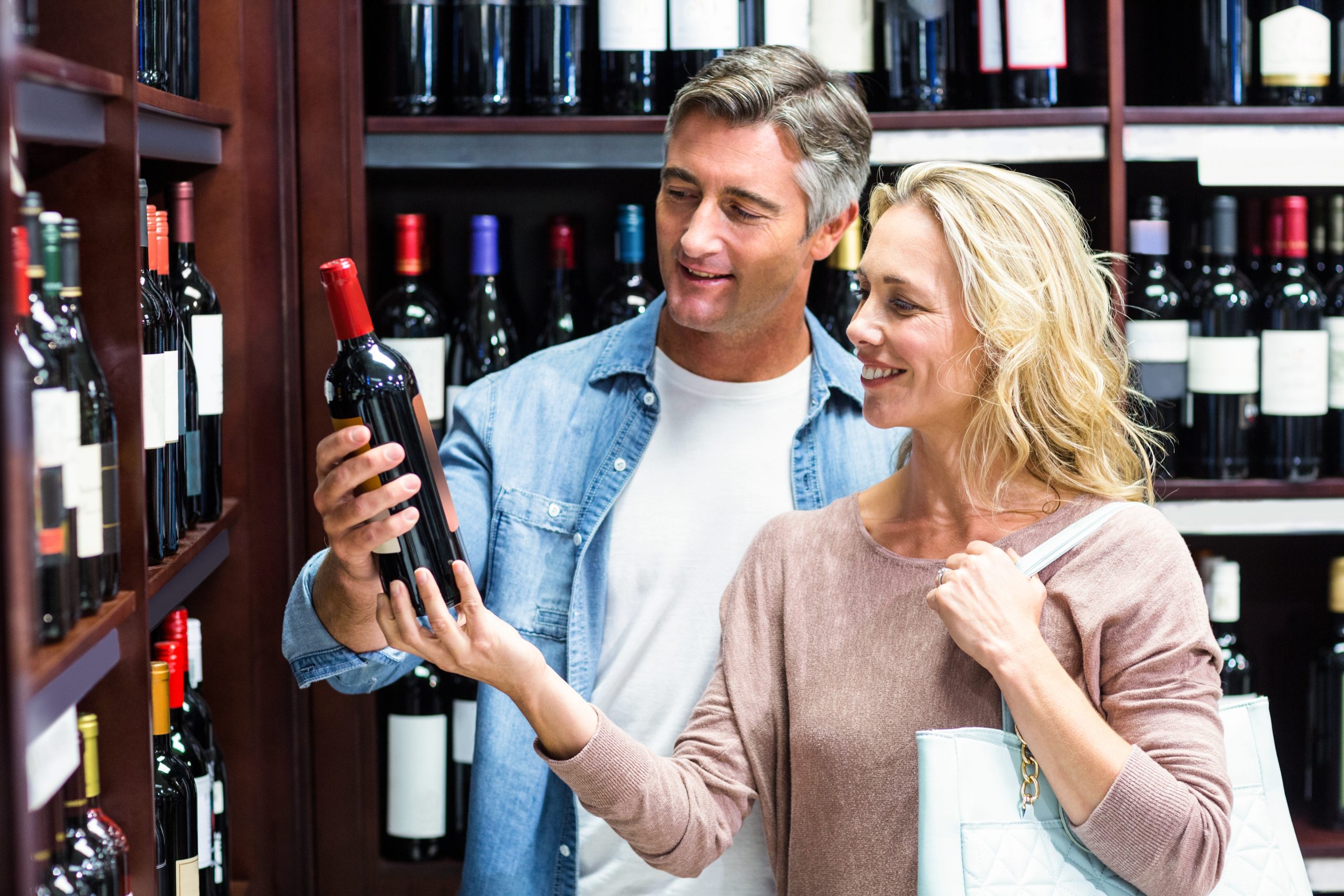Liquor is a highly regulated product due to its potential for abuse and negative societal impact. As such, liquor license laws have existed in the United States since the early days of the nation. These laws dictate who can sell, distribute, and consume alcoholic beverages within a specific jurisdiction. While these laws may vary from state to state, their purpose remains the same – to regulate the sale and consumption of alcohol to protect public health and safety. Contact Liquor License Outlet today for more information.
Early History Of Liquor License Laws In The United States
The history of liquor license laws in the United States can be traced back to colonial times. In the early 1600s, many colonies implemented strict regulations on alcohol sales and consumption to maintain moral order. These regulations often included licenses for tavern keepers and restrictions on selling alcohol to Native Americans and slaves.
During the Revolutionary War, many states banned the sale of alcohol altogether due to its perceived negative impact on the war effort. However, after the war ended, these bans were lifted, and liquor license laws began to take shape. The early 19th century saw the rise of temperance movements that advocated for stricter regulations, ultimately influencing state liquor policies.

Prohibition And Its Impact On Liquor License Laws
The most significant event in the history of liquor license laws in the United States was undoubtedly Prohibition. From 1920 to 1933, the sale, production, and transportation of alcohol were illegal across the country. This had a profound impact on laws, as many states saw a rise in bootlegging and organized crime.
After 13 years of Prohibition, it became clear that banning alcohol was not effective in controlling its consumption. As a result, the 21st Amendment was passed, repealing Prohibition and giving states the power to regulate alcohol sales once again. This change led to the modern liquor licensing systems seen today, where each state determines its own set of rules regarding alcohol distribution and consumption.
Post-Prohibition Era: A Shift In Liquor Licensing
With the end of Prohibition came a new era of liquor licensing. States began to implement different types of licenses for the sale and consumption of alcohol, ranging from full-service restaurants to stand-alone bars. These licenses often had strict regulations on operating hours, age requirements, and location restrictions.
In the 1960s and 1970s, there was a push for more liberal liquor laws, with some states even implementing “dry county” areas where alcohol sales were still prohibited. However, by the late 20th century, most states had relaxed their liquor license laws to allow for greater availability and consumer choice. Additionally, the expansion of alcohol-serving establishments, such as breweries, wineries, and distilleries, led to new categories of liquor licenses.
Modern-Day Liquor License Laws
Today, liquor license laws continue to evolve and adapt to the changing landscape of alcohol consumption. Some states have implemented “dram shop” laws, holding establishments responsible for serving alcohol to visibly intoxicated customers who then cause harm to themselves or others.
Other recent developments in liquor license laws include “happy hour” regulations, which dictate when and how drink specials can be offered, as well as stricter penalties for serving alcohol to minors. Additionally, with the rise of e-commerce, some states have updated their liquor laws to permit online alcohol sales and delivery services, further expanding the industry while maintaining regulatory oversight.
The Role Of The Liquor License Outlet
Navigating the complexities of liquor license laws can be daunting, which is where the Liquor License Outlet comes in. Our team of professionals has years of experience in helping individuals and businesses navigate the process of buying, selling, and financing liquor licenses.
We specialize in Florida liquor licenses, but our expertise extends to other states as well. Our goal is to provide high-quality service and client satisfaction by guiding our clients through every step of the process and ensuring their needs are met. Whether you need assistance with applying for a new license, transferring ownership, or securing financing, we are here to help.
How The Liquor License Outlet Can Help You
Whether you are looking to open a new business that requires a liquor license or need assistance with transferring or financing an existing license, the Liquor License Outlet can help. Our team has a thorough understanding of state laws and can guide you through the application process, saving you time and hassle.
We also offer valuation services to determine the market value of your liquor license and assist with financing options if needed. Our goal is to make the process as smooth as possible for our clients so that they can focus on their business. Additionally, we stay informed about legislative changes to ensure that our clients remain compliant with the latest state regulations.
Conclusion
From colonial times to the present, liquor license laws have gone through many changes and adaptations. While their primary purpose remains the same – to regulate alcohol sales and consumption – the specifics of these laws continue to evolve as societal attitudes and values change.
The Liquor License Outlet is dedicated to staying up-to-date on these laws and helping our clients navigate their complexities. With our expertise and knowledge, we can help you fulfill all your liquor licensing needs with confidence. Contact us today at (561) 827-1111 for more information.







